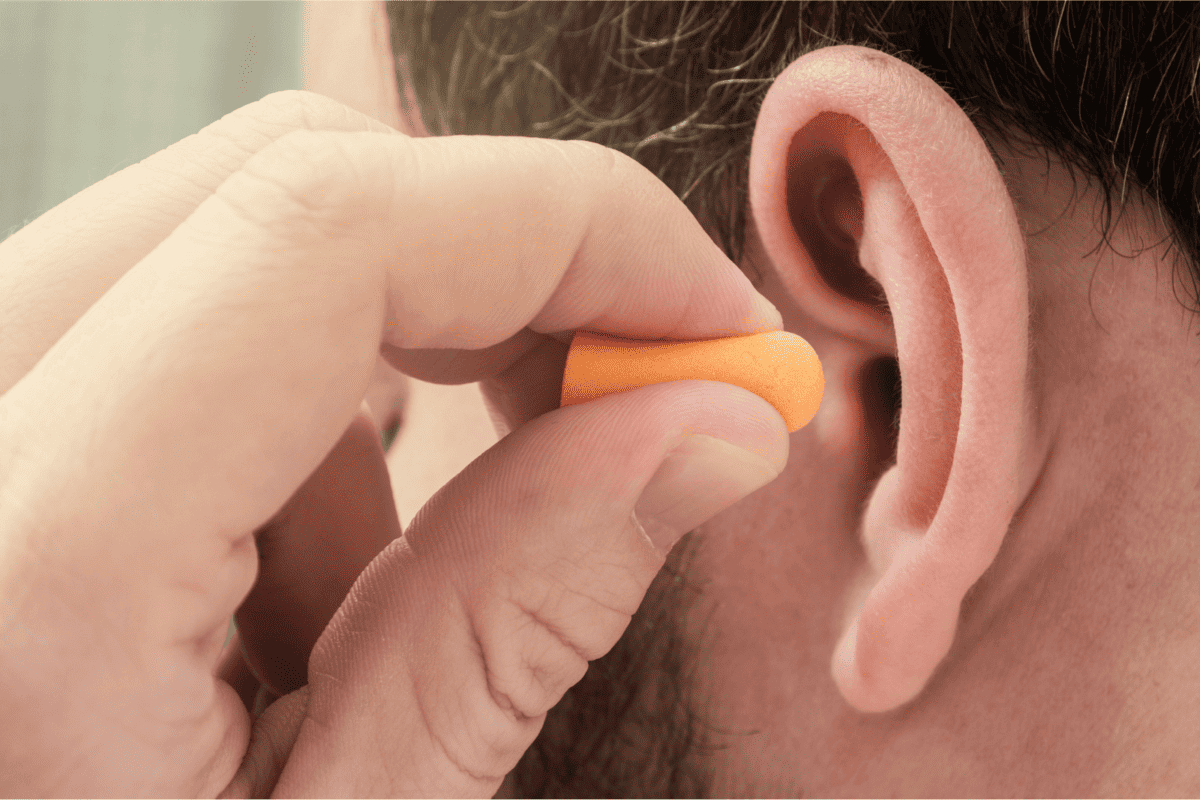- The Advantages of Rechargeable Hearing Aids - July 16, 2024
- How to Enjoy Music Festivals While Protecting Your Hearing - July 3, 2024
- Over-the-Counter Hearing Aids vs. Custom Hearing Aids - June 28, 2024
Hearing is a precious sense that allows us to connect with the world around us. Unfortunately, many people take their hearing for granted until it starts to decline. Exposure to loud noises and neglecting hearing health can lead to irreversible damage. Fortunately, there are several effective ways to protect your hearing and maintain auditory wellness throughout your life. In this article, we will explore ten valuable strategies to safeguard your hearing.
Understand Noise Levels
The first step in protecting your hearing is to understand the concept of noise levels. Sounds are measured in decibels (dB), and prolonged exposure to sounds at or above 85 dB can cause hearing damage. Familiarize yourself with common noise levels; for example, a conversation typically falls in the 60-70 dB range, while a rock concert can reach up to 120 dB. Be mindful of your surroundings and take precautions when you encounter excessively loud environments.
Use Ear Protection
One of the most effective ways to prevent hearing damage in noisy settings is to use ear protection devices such as earplugs or earmuffs. These accessories are readily available and can significantly reduce the impact of loud sounds on your ears. Whether you’re attending a concert, working in a noisy environment, or using power tools, investing in quality ear protection is a small price to pay for long-term hearing health.
Control Volume Levels
In today’s digital age, we often listen to music or watch videos using headphones or earbuds. While these devices provide convenience and privacy, they can also pose a risk to your hearing if used irresponsibly. Avoid listening at high volumes and limit listening time to protect your hearing. Consider using noise-canceling headphones, which can reduce the need to turn up the volume in noisy environments.
Take Listening Breaks
Prolonged exposure to even moderate noise levels can strain your ears. To protect your hearing, take regular breaks from noisy environments. This practice allows your ears to recover and reduces the risk of long-term damage. Implement a 10-minute break for every hour of exposure to loud noises to keep your ears in good shape.
Maintain Ear Health
Maintaining the health of your ears is crucial for long-term hearing protection. Keep your ears clean and dry to prevent infections, and avoid inserting objects like cotton swabs into your ear canal, as this can damage delicate structures. If you experience ear pain or a sudden change in hearing, consult a healthcare professional promptly.
Choose Quiet Appliances
When purchasing household appliances and electronics, consider their noise levels. Quiet appliances not only contribute to a more peaceful living environment but also protect your hearing from constant background noise. Look for products with noise ratings or reviews that highlight their quiet operation.
Educate Yourself
Understanding the risks associated with exposure to loud noises and the importance of hearing protection is key to making informed decisions. Educate yourself and your loved ones about hearing health. Share this knowledge to create a culture of hearing protection in your community.
Limit Recreational Activities
Certain recreational activities, like shooting sports or riding motorcycles, expose you to high levels of noise. While it’s essential to enjoy your hobbies, take precautions such as wearing specialized ear protection designed for these activities. Many custom-fit earplugs are available to cater to specific needs.
Annual Hearing Check-ups
Just as you would visit a dentist for regular check-ups, it’s essential to have your hearing evaluated by a healthcare professional annually, especially if you’re exposed to noisy environments regularly. Early detection of hearing issues allows for timely intervention and minimizes potential damage.
Be Mindful of Medications
Some medications, such as certain antibiotics and pain relievers, can have side effects that affect hearing. When prescribed medication, discuss potential side effects with your healthcare provider. If hearing loss is a known side effect, consider alternative treatments or take additional precautions to protect your hearing.
Wrap Up
Hearing protection should be a priority for everyone, regardless of age or lifestyle. By understanding the risks, taking preventive measures, and practicing responsible listening habits, you can maintain your hearing health and enjoy the sounds of life for years to come. Remember, your hearing is irreplaceable, so take these steps to protect it, and encourage those around you to do the same. Incorporate these strategies into your daily life, and you’ll be well on your way to preserving your precious sense of hearing.

